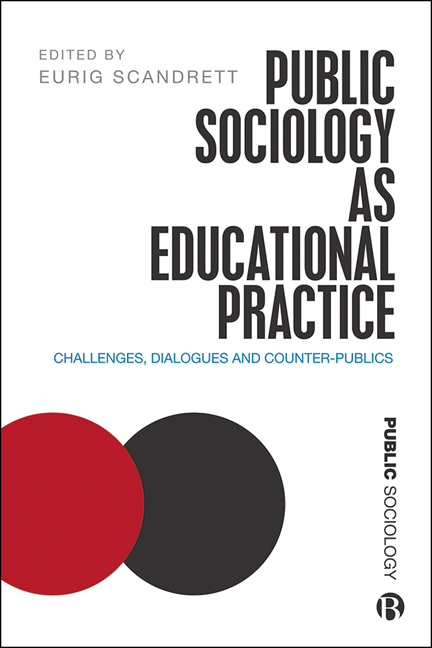II.4 - Young Children and Participative Research Enquiry: A Case for Active Citizenship
Published online by Cambridge University Press: 02 March 2021
Summary
This chapter enquires into possibilities for young children's active citizenship as provoked through their involvement in participative research enquiry. It is the main crux of this chapter that learning that happens though experiencing authentic participation, for example participative research, creates possibilities for young children's active citizenship. My interest in these possibilities is based on my work and interaction with children both in my capacity as a researcher and paediatric practitioner throughout my professional life. The potential that participative research enquiries hold is based on my observation and interaction with children around their perceptions of their rights (for example, children understand their rights to protection and to provision; although they emphasise their participation rights, they find that these are not always respected); agency (children find that their moral status is often questionable in the eyes of adults; they are often not believed, or are wrongly blamed); self-realisation and adult dominance (constant negotiation with adults in order to have time for oneself and to resist adult demands, at home and at school; pursuing own interest against arguing against control and supervision).
Active citizenship refers to being a social agent expressing opinions, and initiating social actions. The concept of agency is central to active citizenship. Hannah Arendt (1998) argued that to be agentic one must initiate action with other people, that emerges from new ideas from our interactions with other people. The intention of this chapter is to provide discussion and understandings about theories and pedagogies that are applicable to research that is democratic in its process, relevant to its young participants, and one that grants their authentic voice, recognises their agency, and can bring about action and change.
Research with children is viewed often as, potentially, different from research with adults, mainly because of adult perceptions of children and children's position in adult society or because children are viewed to be different. Those that argue for adapted research techniques for work with children also emphasise the competence of children. There, however, lies also a potential controversy and a question on why, if children are indeed competent social actors, there is a need to use ‘child-friendly’ methods to communicate with them. Research with children is influenced by the way in which researchers perceive the status of children; this then influences the choice of epistemological approach and methods of a study (Punch, 2002).
- Type
- Chapter
- Information
- Public Sociology as Educational PracticeChallenges, Dialogues and Counter-Publics, pp. 171 - 182Publisher: Bristol University PressPrint publication year: 2020



